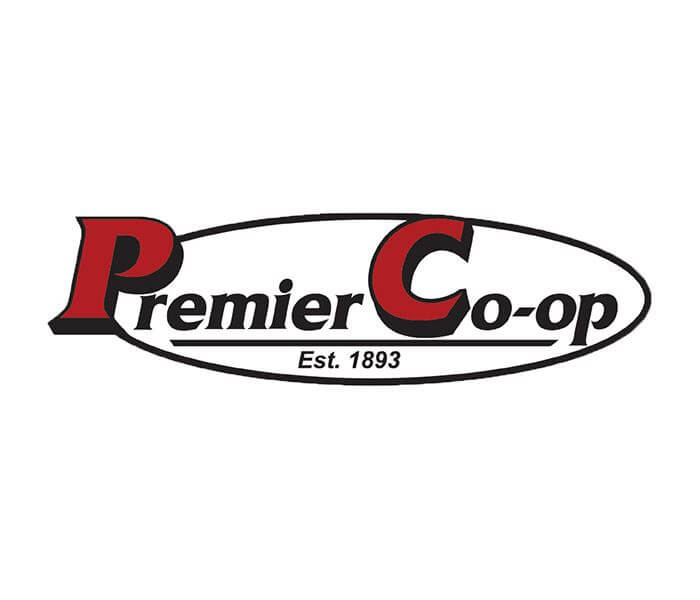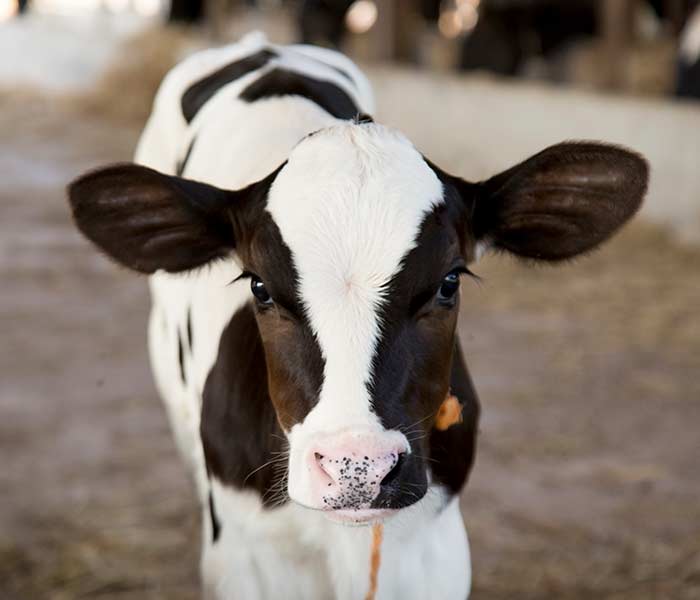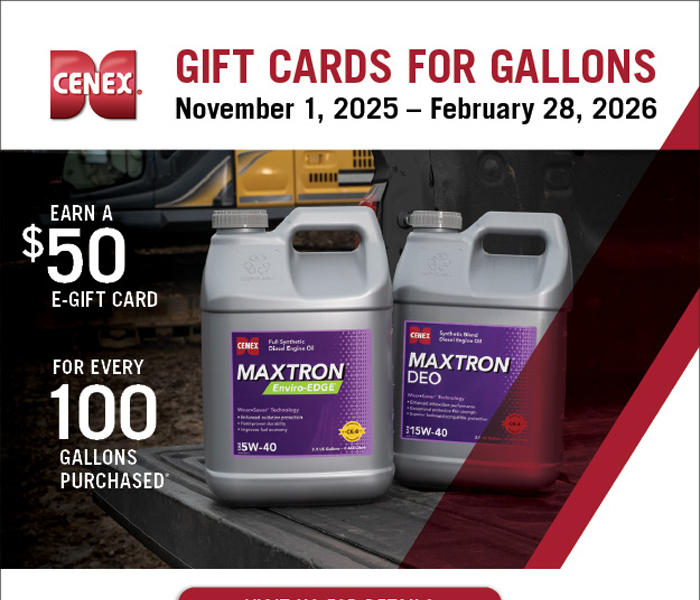Beat the Summer Heat.
Summertime in the upper Midwest is undoubtedly the best time for getting outside and soaking up some sun, enjoying the heat and staying busy to get the farm ready for the upcoming winter. Anyone that has worked in the sun understands just how important it is to keep water or other fluids with you to stay hydrated. The same goes for our dairy calves. A calf’s body is 80% water when she is born. Ideally, she should consume roughly 10% of her bodyweight in water daily to avoid dehydration, encourage starter intake and overall heath. While water should be fed year-round from day 1 of life, that in combination with regular milk feedings may not be enough fluids during the hot summer days. Below are 5 ways feeding a dilute electrolyte mix can help your calves this summer.
Replace lost electrolytes
As heat stress sets in, respiration rate increases. When this happens, calves begin to let off more water in the air to keep themselves cool and end up losing chloride, potassium, and sodium in the process. These electrolytes are particularly important in many bodily functions impacting proper hydration.
Encourages water absorption
Piggybacking on the point above, when sodium is low, water is not absorbed as well in the intestines. The extra sodium supplied by the electrolyte allows the calf’s intestines to balance the osmotic pressure and start absorbing water.
Correct blood pH
Supplying the potassium and sodium as mentioned above brings in positive ions to offset the low blood pH. It is important to maintain a balance so the calf does not develop acidosis.
Source of energy
A good electrolyte should contain a sugar source such as dextrose to provide an energy source to the calf. Heat stress can impact the digestion of the calf so the energy they would normally get from their daily milk feeding may be lacking. Providing an easily digestible sugar source such as dextrose can help calves through the lag.
Support appetite
Another thing to check for on your electrolyte label is Vitamin B12. Vitamin B can encourage a calf’s appetite and keep her eating through the heat stress to make sure she can fight off any lurking illnesses.
It is important to remember that you should still find a time during the day to offer clean, fresh water. Be sure to get your water tested to ensure it is low in sodium (<50 PPM), iron and other minerals. Never mix electrolytes with milk or milk replacer. If you have a severely dehydrated calf, it is always best to consult your veterinarian.
Premier Cooperative carries a line of high quality, proven electrolytes from Land O’ Lakes so reach out to us today to find the one for your farm!
Genny Speckman
Dairy Nutritionist




